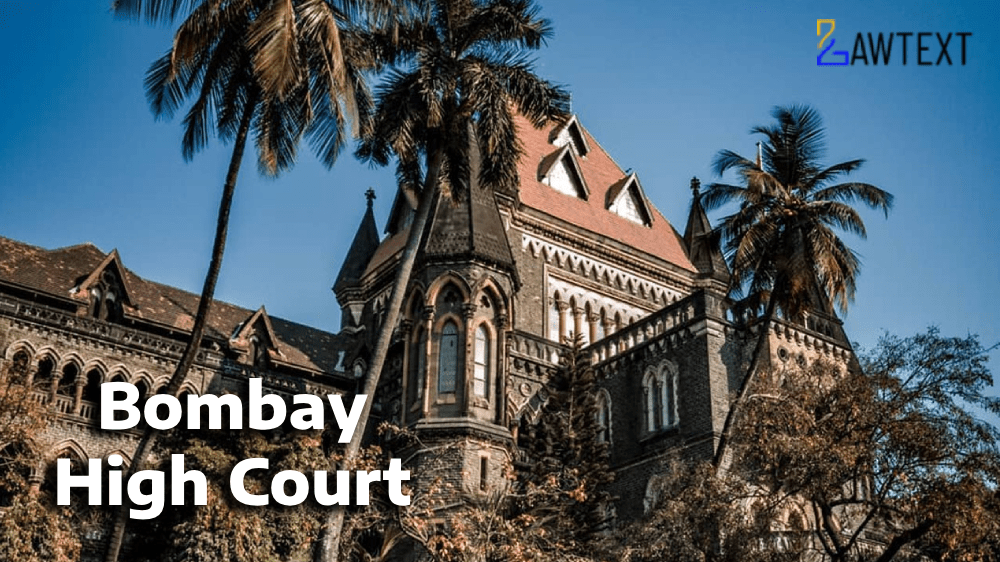Case Note & Summary
The acquisition of land in Gandluru, Guntur District, Andhra Pradesh for the Telugu Ganga Project, the claimants were dissatisfied with the compensation awarded in 1989 and sought a reference under Section 18 of the Land Acquisition Act. Out of 16 claimants, three died during the reference proceedings, and no steps were taken to substitute their legal heirs. The reference was dismissed in 1999. After a delay of over 15 years, some heirs of the deceased claimant No. 11 attempted to file an appeal with a 5659-day delay, seeking condonation of the delay. The High Court refused to condone the delay, leading to a Special Leave Petition before the Supreme Court.
The Supreme Court, in its judgment, upheld the High Court's decision, emphasizing the mandatory nature of the Limitation Act. The Court stressed that while a liberal approach may be taken under Section 5 of the Limitation Act for condoning delays, this must be balanced against the strict provisions of Section 3, which mandates the dismissal of appeals filed beyond the prescribed limitation period. The Court reiterated that the law of limitation is based on public policy, ensuring an end to litigation and preserving the finality of judgments.
Background of the Case Land Acquisition in 1989: Land in Gandluru, Guntur District, Andhra Pradesh, was acquired for the Telugu Ganga Project. Claimants' Reference Under Section 18: Dissatisfied with the compensation, 16 claimants, including Juvvala Gunta China Chinnaiah, sought a reference under Section 18 of the Land Acquisition Act. Dismissal of the Reference Death of Claimants: Claimants No. 1, 3, and 11 died during the pendency of the reference. No steps were taken to substitute their legal heirs. Judgment in 1999: The reference was dismissed by the Court of Addl. Senior Civil Judge, Gudur, upholding the collector’s award. Appeal and Delay Appeal by Heirs of Claimant No. 11: After more than 15 years, some heirs of claimant No. 11 sought to file an appeal. Delay of 5659 Days: The appeal was delayed by 5659 days, and the appellants sought condonation of this delay. High Court's Refusal to Condonation Application for Condonation Dismissed: The High Court refused to condone the delay, dismissing the application in January 2017. Supreme Court Judgment SLP Challenging High Court Decision: A Special Leave Petition was filed in the Supreme Court challenging the High Court's decision. Strict Interpretation of Limitation Law: The Supreme Court emphasized that the Limitation Act's provisions must be strictly construed, particularly Section 3, which mandates the dismissal of appeals filed beyond the limitation period. No Condonation for Inordinate Delay: The Court held that the delay of 5659 days was inordinate and that the appellants had not provided a sufficient cause for condoning such a delay. Public Policy Considerations: The Court reiterated that the law of limitation is founded on public policy to ensure finality in litigation. ConclusionThe Supreme Court upheld the High Court’s refusal to condone the delay, reinforcing the importance of adhering to the Limitation Act's provisions to prevent indefinite litigation and preserve the finality of judgments.
Issue of Consideration: PATHAPATI SUBBA REDDY (DIED) BY L.Rs. & ORS. VERSUS THE SPECIAL DEPUTY COLLECTOR (LA)
Premium Content
The Issue of Consideration is only available to subscribed members.
Subscribe Now to access critical case issues







